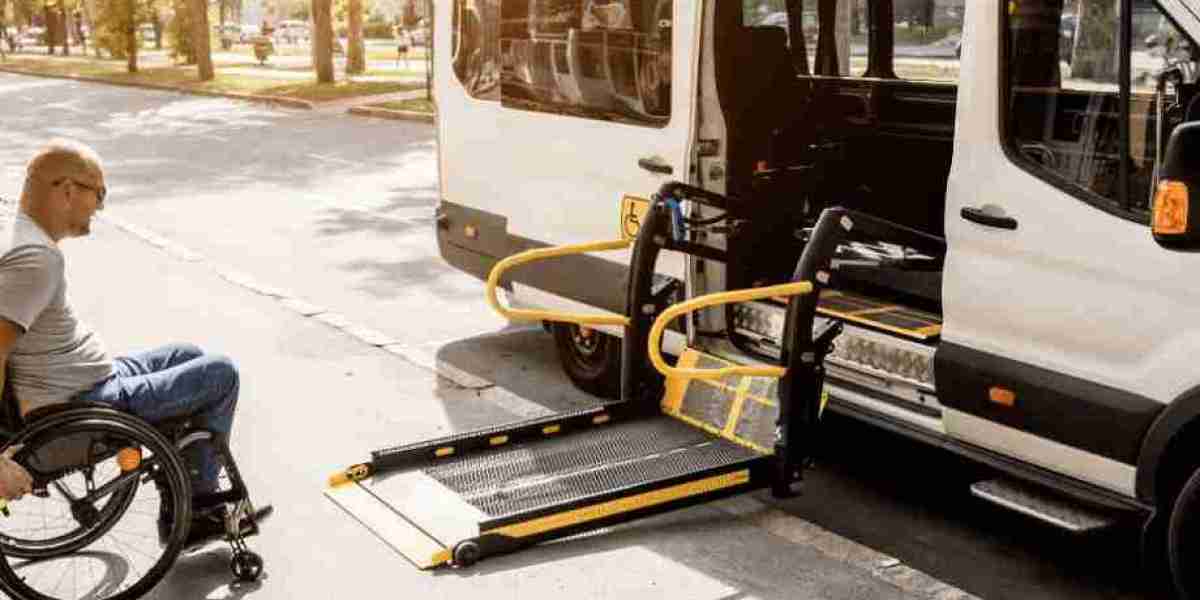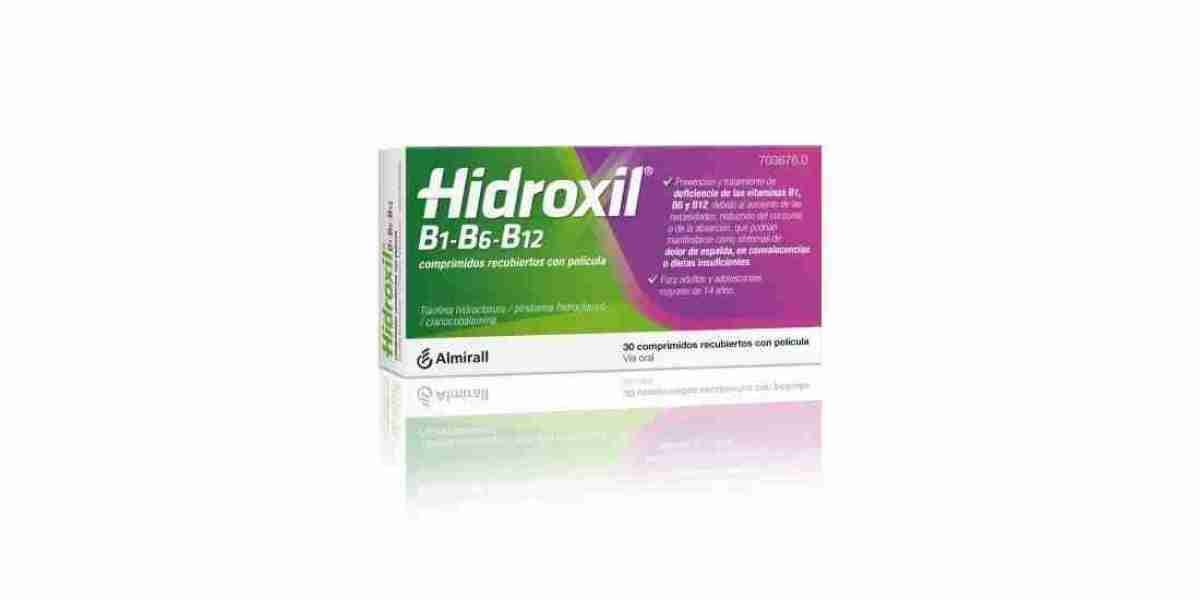Hospital Discharge marks an important step in the recovery process, but it can often be a confusing and stressful time for both patients and their families. Ensuring a smooth transition from the hospital back to home is essential for continued recovery, and it involves careful planning, communication, and coordination of care. This guide provides an overview of the hospital discharge process, what to expect, and how to prepare for a safe and effective recovery at home.
What is Hospital Discharge?
Hospital discharge is the formal release of a patient from the hospital after they have received treatment for an illness, surgery, or other medical condition. It occurs when the medical team determines that the patient is stable enough to leave the hospital and continue their recovery at home or in another care setting, such as a rehabilitation facility. Discharge does not necessarily mean that the patient is fully recovered, but that they no longer require the intensive care and monitoring provided in the hospital.
The Discharge Process
Discharge Planning Discharge planning begins as soon as the patient is admitted to the hospital. This planning involves the coordination of medical, nursing, and social work teams to ensure that the patient has everything they need for recovery after leaving the hospital. Key components of discharge planning include determining the type of care the patient will need at home, arranging follow-up appointments, and ensuring that the necessary medications, equipment, and support are in place.
Doctor’s Assessment Before discharge, the doctor will assess the patient's health to determine if they are ready to leave the hospital. The doctor will review the patient's progress, make sure that any necessary medical treatments are complete, and ensure the patient’s vital signs are stable. If the patient needs further treatment, the doctor will recommend outpatient care or follow-up visits.
Discharge Instructions One of the most critical aspects of the discharge process is providing the patient with clear instructions. Discharge instructions include:
- Medication: Information on medications prescribed after discharge, including dosages, schedules, and potential side effects.
- Wound Care and Physical Therapy: If the patient underwent surgery or has injuries, instructions for wound care or physical therapy exercises will be provided.
- Diet and Activity Restrictions: Any dietary restrictions, guidelines for eating, and activity limitations will be outlined.
- Follow-Up Appointments: The patient will be given appointments for follow-up care, whether with the primary care physician or specialists.
Care Coordination Depending on the patient’s condition, additional services might be arranged. This could include:
- Home Health Care: If the patient needs assistance with activities of daily living (such as bathing, dressing, or mobility), home health care services can be set up.
- Physical or Occupational Therapy: In some cases, therapy services may be recommended to help the patient recover strength, mobility, or functionality.
- Medical Equipment: Some patients may require medical equipment, such as oxygen, wheelchairs, or hospital beds, at home.
Patient and Family Education Before discharge, patients and their families are educated on the steps they need to take for the patient's continued care at home. This education is crucial in preventing complications and ensuring proper self-care. Patients and family members should ask questions about:
- Signs of complications (e.g., infection, unusual pain)
- When to seek emergency care
- How to manage medications and therapies
Discharge Summary The hospital will provide a discharge summary, a document that includes the patient’s medical history, treatments received, medications prescribed, and the plan for follow-up care. This summary is often sent to the patient’s primary care provider to ensure continuity of care.
Types of Post-Discharge Care
After leaving the hospital, patients may need different types of care depending on their condition. Some of the most common post-discharge options include:
Home Health Care Home health care services provide in-home care for patients who require assistance with daily activities or medical needs. This can include nursing care, physical therapy, occupational therapy, or assistance with activities like bathing and dressing.
Outpatient Care For patients who are able to manage at home but require ongoing care, outpatient services can be arranged. This includes follow-up doctor appointments, lab tests, physical therapy, or other treatments.
Skilled Nursing Facility (SNF) In some cases, a patient may be discharged to a skilled nursing facility (SNF) if they need around-the-clock care or rehabilitation services but do not require a hospital stay. SNFs provide nursing care, therapy, and support to help patients recover after surgery or illness.
Rehabilitation Facility If the patient requires intensive rehabilitation, they may be discharged to a rehabilitation facility. These facilities focus on helping patients regain physical function, mobility, and independence after surgery or a serious medical event, such as a stroke or traumatic injury.
How to Prepare for Discharge
Set Up Home Care in Advance If you need home health care or other services, try to arrange these before the discharge date. This might include contacting agencies that provide home health aides, therapists, or equipment suppliers.
Ensure Medication and Equipment Are Ready Make sure that medications are ready and that prescriptions are filled before discharge. If any special equipment is needed at home (e.g., walkers, oxygen, medical beds), ensure that it’s arranged ahead of time.
Prepare the Home Environment Ensure that the patient’s home is safe and accessible. This might involve clearing obstacles, setting up grab bars in the bathroom, arranging for a hospital bed, or organizing space for medical equipment. A safe and comfortable environment will facilitate a smoother recovery.
Review Discharge Instructions Carefully read the discharge instructions provided by the hospital. If anything is unclear, ask the medical team for clarification. Keeping the instructions in a visible place at home can be helpful for easy reference.
Coordinate Transportation If the patient is not able to drive home, arrange for transportation to and from the hospital. Some hospitals may provide wheelchair-accessible or non-emergency medical transportation (NEMT) services for patients who need assistance getting home.
Common Challenges After Hospital Discharge
Medication Management Patients often have several medications to manage post-discharge, and keeping track of them can be overwhelming. Consider using a medication management app or a pill organizer to stay organized. It's also important to ensure that the patient understands the schedule for each medication.
Preventing Readmission Proper care at home is essential to prevent hospital readmission. Follow the discharge instructions carefully, attend all follow-up appointments, and seek medical attention if any complications arise. Early intervention can help prevent the need for re-hospitalization.
Emotional Support Recovering from a hospital stay can be emotionally challenging. Patients may feel vulnerable or frustrated during their recovery, especially if they face physical limitations. Providing emotional support and encouragement is crucial for their well-being.
Conclusion
Hospital discharge is an essential step in a patient’s recovery journey, but it requires careful planning, preparation, and follow-up care. By understanding the discharge process and ensuring that all necessary arrangements are made for home care, transportation, medications, and follow-up appointments, patients can transition smoothly from hospital to home and continue their recovery in a safe and supportive environment.
If you or a loved one is preparing for discharge, taking proactive steps to organize post-hospital care will help ensure a successful recovery and a return to health.






